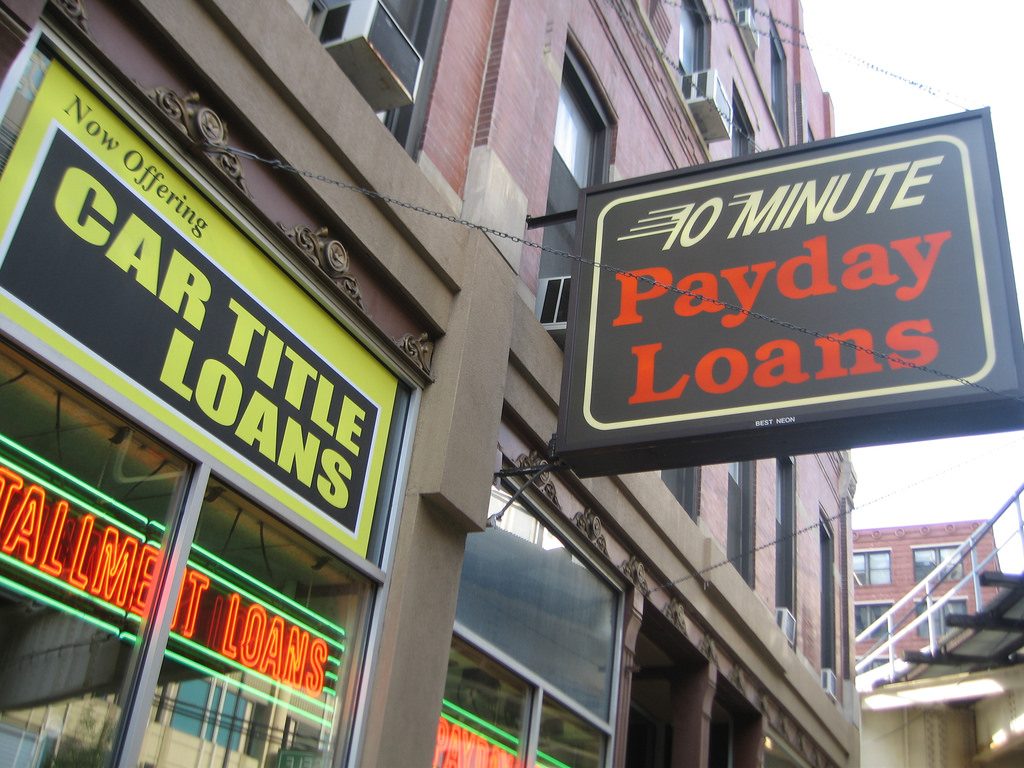The idea of a universal basic income (UBI) – a cash payment made to every person in the country with no strings attached – is becoming increasingly popular in experimental policy circles. Most proposals for a universal basic income are “complete” UBI proposals: payments large enough to guarantee a minimum standard of living to every person independent of work. In the US, that would be roughly $12,000 per person based on the poverty line.
However, it is more likely that any universal cash payment passed in the US would be more modest to begin with, e.g. a low UBI of a few hundred dollars a month. As UBI advocates continue to advance their policy objectives, it is imperative to make the case that any UBI, even a small one, has significant benefits.
In 2016, the Federal Reserve reported that nearly half of all Americans would not be able to cover a $400 emergency expense without either borrowing money or selling valuables. Although the financial status of Americans has been improving since the Great Recession, the majority of Americans earning less than $30,000 a year still worry about paying their bills every month and maintaining their standard of living. Money may not buy happiness, but even a partial UBI could help buy Americans peace of mind and provide many Americans an avenue to save money for emergencies.
Opponents of a UBI might claim that such a low UBI would just get absorbed into each family’s normal consumption level and thus not improve their overall financial security. But the experience of the Alaska Permanent Fund (APF) suggests otherwise. The APF is a state-owned wealth fund that pays an annual dividend to every Alaska resident, typically between $1000 and $2000. In addition to being overwhelmingly popular among Alaskans, survey data show that the vast majority of recipients either save their dividend money or use it to pay off debt. Just 1 in 4 Alaskans report spending most of the money they receive each year. Of those who spend the money, only 1 in 5 report spending it on things they otherwise couldn’t afford. So, it seems, a modest UBI really would help cushion families’ financial security.
A low UBI would also have significant ramifications for America’s financial sector, for the better of many Americans. It is no secret that it is expensive to be poor in America. Financial institutions make a significant amount of money every year by taking advantage of people who are unable to make ends meet in the short term. A low UBI would substantially diminish many Americans’ reliance on exploitative financial products, saving billions in fees and interest payments on top of the cash payments themselves.
Two products that would be directly addressed by a partial UBI are overdraft fees and payday loans.
According to the CFPB, banks raised as much as $17B in revenue through overdraft fees alone in 2016, with nearly 30 percent of all people with checking accounts paying an overdraft fee. It isn’t cheap to overdraw your bank account: even though the average overdraft amount is only $25, the average bank overdraft fee is $34. Many banks will also charge an additional overdraft fee on accounts that remain overdrawn for 5 to 10 days. Besides being exorbitant, overdraft fees also heavily target a specific group of exploitable people: nearly 75 percent of all overdraft fees are paid by just 8 percent of consumers. These “routine overdrafters” overdraft at least ten times a year, and as a result, pay hundreds of dollars in fees. Giving Americans even $100 a month could save millions of Americans their overdraft fees, taking that fee revenue from the banks and giving it back to consumers.
Payday loans rely on the inability of Americans to make ends meet. Over ten million people take out payday loans every year, with 70 percent of borrowers needing the money for recurring expenses, like rent and utilities. They pay billions in interest to do so. The advertised cost of a payday loan is typically $15 per $100 borrowed for a two week loan, which is almost a 400 percent APR. Because most payday loans require full payment as a lump sum, many people end up borrowing again to pay off the original loan, creating a recurring debt trap. A modest UBI could substantially curb the demand for payday loans by giving Americans an extra stream of income to make their monthly expenses.
For these reasons, a universal cash payment program in the United States, of even a relatively small amount, would make millions of American lives better and put money from banks’ bottom lines back into consumers’ pockets. The income boost from a low UBI would give Americans more economic freedom and security.

